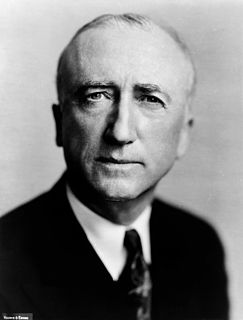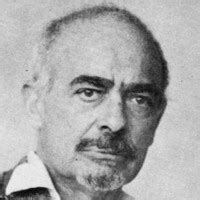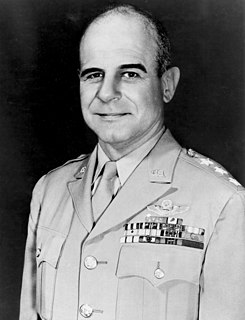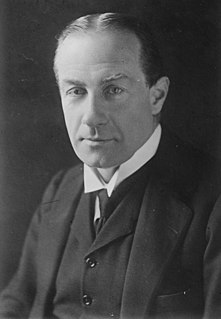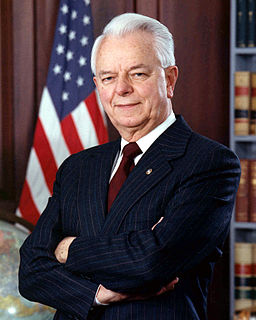A Quote by Quentin Tarantino
But the truth of the matter is, that was fairly, fairly early on in Goebbels' 800 movies that he made in Germany. The majority of them, especially once the war got going, you hardly saw Nazi officers in it at all. They were mostly musicals and comedies and melodramas and stories of great German men from the past.
Related Quotes
Oddly enough, most of the books written about the subject aren't very good because they just focus on the more hateful movies that they did very early, early on when they were trying to, you know, get Germany into the war, whether it be anti-Semitic movies like "Jud Suss," or "The Eternal Jew," or movies made against the Polish to help, you know, create sympathy for them to invade Poland. You know, there'd be movies where there would be some German girl living in Poland who's raped by the Polish or something.
It was great fun working with Pierce [Brosnan]. He taught me a lot in terms of professionalism and how to take care of yourself on these action movies. They're fairly long shoots and they're fairly physical and fairly emotional, so you have to maintain yourself and make sure you can make it all the way through. That's something I learned from him.
Once the war began, the government could do anything 'necessary' to win it; so it was with the 'final solution of the Jewish problem,' which the Nazis always talked about but never dared undertake, not even the Nazis, until war and its 'necessities' gave them the knowledge that they could get away with it. The people abroad who thought that war against Hitler would help the Jews were wrong. And the people in Germany who, once the war had begun, still thought of complaining, protesting, resisting, were betting on Germany's losing the war. It was a long bet. Not many made it.
Adolf Galland said that the day we took our fighters off the bombers and put them against the German fighters, that is, went from defensive to offsensive, Germany lost the air war. I made that decision and it was my most important decision during World War II. As you can imagine, the bomber crews were upset. The fighter pilots were ecstatic.
Early on in my career, when I had basically been a sitcom actor for all of these years, and I made my first movies, and they were comedies, and they were successes, it was very important for me to stretch, and 'Parenthood' was one of those films. Even though it was a comedy, there was a great deal of authentic drama in the piece as well.
Ronald Reagan came to office and had already been an experienced politician as governor of California, whose ideology and ideas, no matter how simplistic or no matter how much you may disagree with them, were fairly well-developed and fairly consistent. Donald Trump is a real-estate branding operator and a reality-show television star whose entrance into big-time politics, as a victor, as someone who will now wield tremendous power, was as shocking to him as it was to everybody else.



